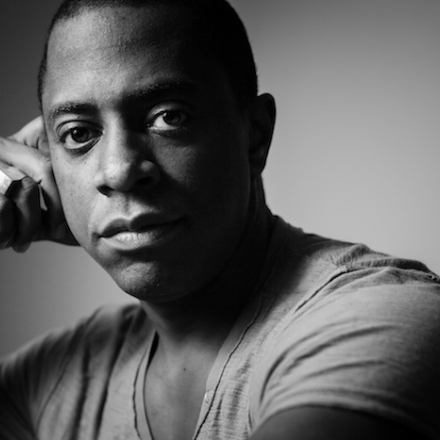
Sanford Biggers is an installation, video and performance artist whose work explores often-overlooked cultural and political narratives from American history. His work has been exhibited worldwide, including at the Tate Britain and Tate Modern, the Whitney Museum of American Art and the Museum of Modern Art, New York.
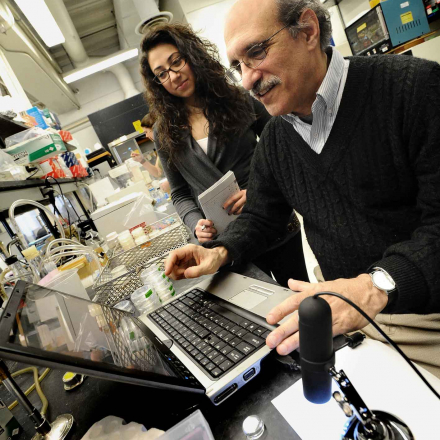
Professor Chalfie was awarded the Nobel Prize in Chemistry for the introduction of green fluorescent protein (GFP) as a biological marker. He looks forward to his work with Columbia undergrads because they are fun to work with and eager to learn. He considers it a privilege to share in that excitement of discovery and enjoys watching his students become independent scholars.
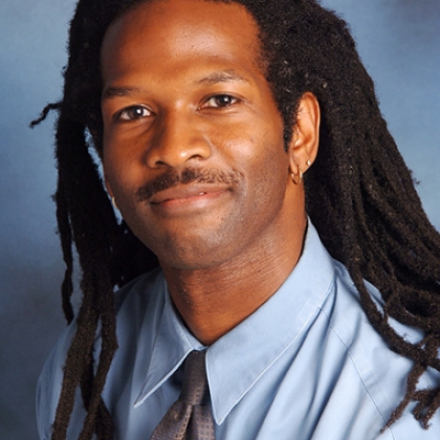
Professor Hart is widely published and a frequent guest of podcasts, radio and television shows like Real Time with Bill Maher. His work focuses on the area of neuropsychopharmacology. Specifically, his work seeks to understand factors that mediate drug self-administration behavior, and to develop effective treatments.
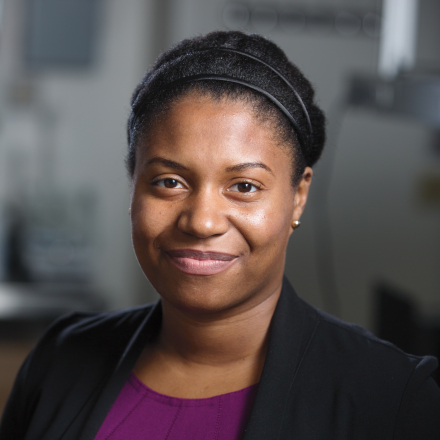
Christine P. Hendon is a professor of electrical engineering with research interests in systems biology and neuroengineering. She is interested in developing optical imaging and spectroscopy instruments for applications in cardiac electrophysiology and interventional cardiology. Professor Hendon develops biomedical optics technologies for biomedicine to guide interventional procedures and to provide insights into the structure-function relationship of biological normal, diseased and treated tissues.
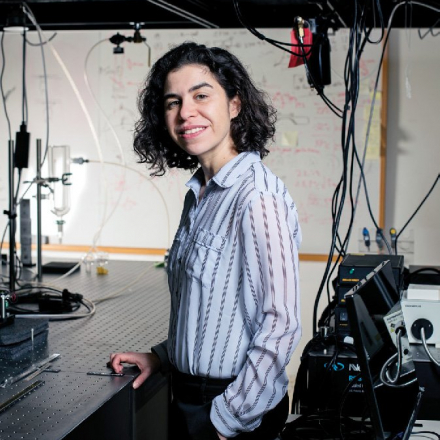
Laura Kaufman ’97CC is a professor of Chemistry, the chair of the Department of Chemistry and a Lenfest Distinguished Faculty Member. She specializes in physical chemistry and runs an interdisciplinary lab that focuses on the dynamics of complex, crowded systems.
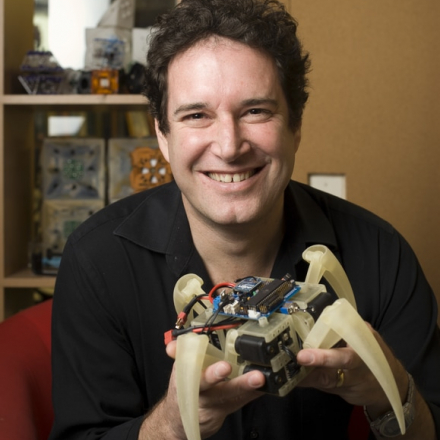
Hod Lipson is a roboticist who works in the areas of artificial intelligence and digital manufacturing. He teaches mechanical engineering and data science and is a co-author of the award-winning book Fabricated: The New World of 3D Printing and Driverless: Intelligent Cars and the Road Ahead. He directs the Creative Machines Lab, which pioneers new ways to make machines that create and machines that are themselves creative.
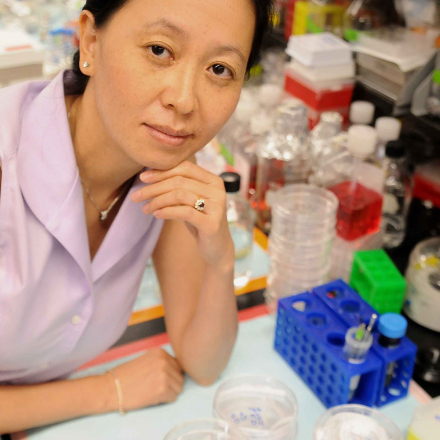
Helen Lu is the director of the Biomaterials and Interface Tissue Engineering Laboratory. Her research focuses on tissue interfaces, particularly how to reestablish the body’s natural synchrony between tissues, a hallmark of the musculoskeletal system and the nexus of human mobility.
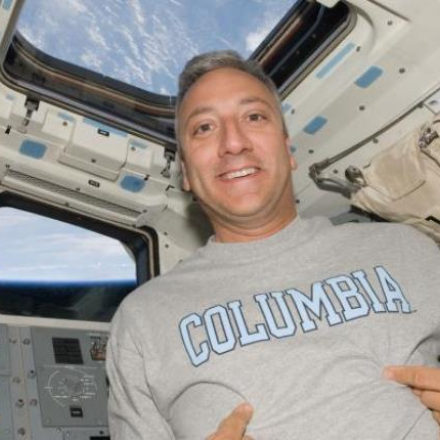
Mike Massimino was a NASA astronaut for almost 20 years with two space trips and four spacewalks to his name. He teaches and advises research in spaceflight topics including human factors, robotics, extra-vehicular activity (spacewalking), displays and controls, and planetary exploration.
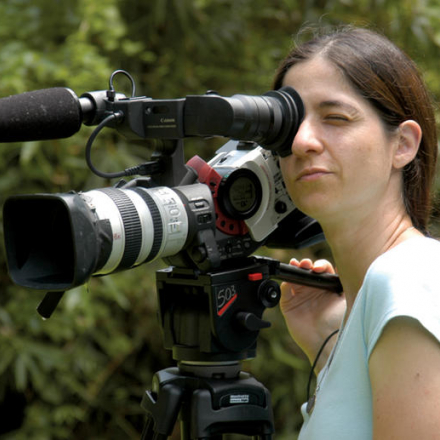
Frances Negrón-Muntaner is an award-winning filmmaker, writer, and scholar. She is the recipient of Ford, Truman, Scripps Howard, Rockefeller, and Pew fellowships as well as a Social Science Research Council and Andy Warhol Foundation grants. She is the author of Boricua Pop: Puerto Ricans and the Latinization of American Culture and the editor of several books. Among Negrón-Muntaner's films are AIDS in the Barrio, Brincando el charco: Portrait of a Puerto Rican, and War for Guam.
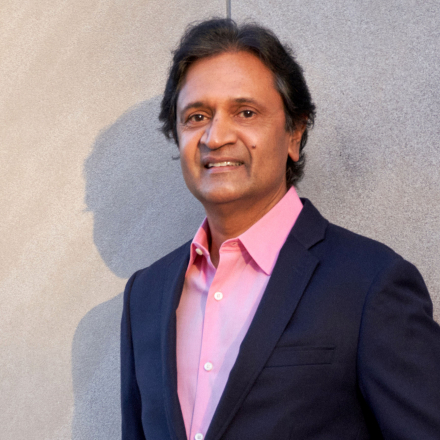
Shree K. Nayar is the T. C. Chang Professor of Computer Science at Columbia University. He heads the Columbia Vision Laboratory (CAVE), which develops computational imaging and computer vision systems. His work is motivated by applications in the fields of imaging, computer vision, robotics, virtual reality, augmented reality, visual communication, computer graphics and human-computer interfaces.
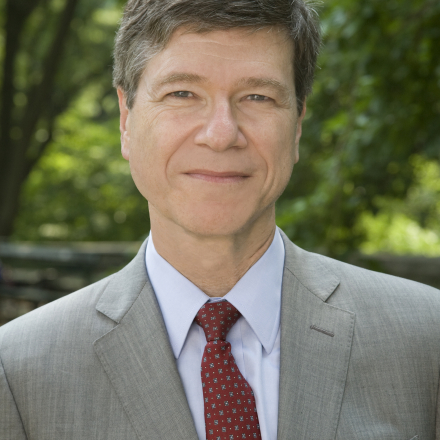
Jeffrey D. Sachs is a world-renowned economist, bestselling author, innovative educator, and global leader in sustainable development. Sachs is widely recognized for bold and effective strategies to address complex challenges including the escape from extreme poverty, the global battle against human-induced climate change, international debt and financial crises, national economic reforms, and the control of pandemic and epidemic diseases. Sachs serves as the Director of the Center for Sustainable Development at Columbia University, where he holds the rank of University Professor, the university’s highest academic rank.
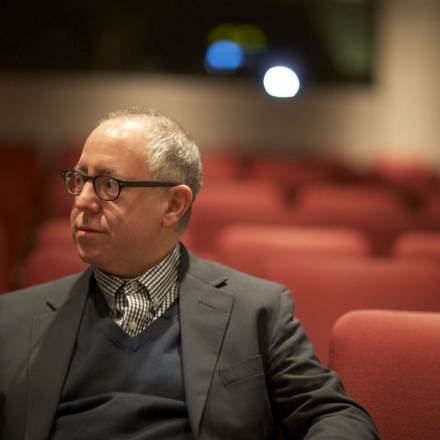
James Schamus teaches film history and theory and is the former CEO of Focus Features. He has collaborated as screenwriter and producer with director Ang Lee on eleven films, including Brokeback Mountain. Other films include Moonrise Kingdom, Milk, Eternal Sunshine of the Spotless Mind, The Kids are All Right, The Pianist, Coraline and The Dallas Buyers Club.
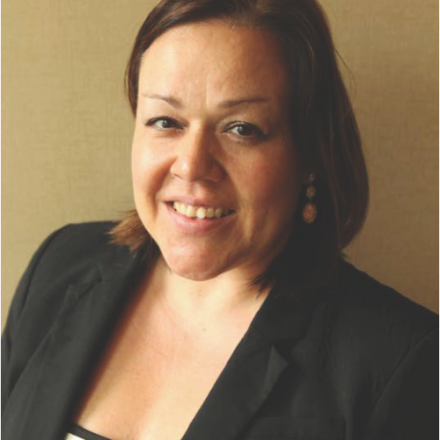
Audra Simpson is a political anthropologist whose work is focused on contextualizing the force and consequences of governance through time, space and bodies. Her research and writing is rooted within Indigenous polities in the US and Canada and crosses the fields of anthropology, Indigenous Studies, American and Canadian Studies, gender and sexuality studies as well as politics. Her recent research is a genealogy of affective governance and extraction across the US and Canada.
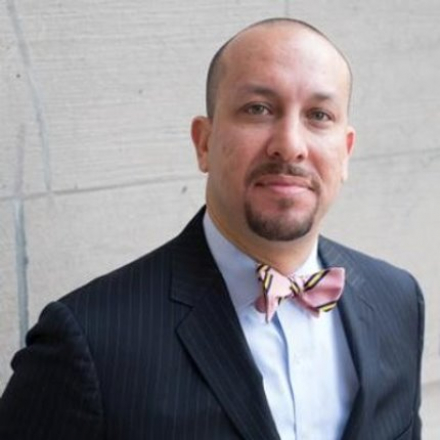
Josef Sorett is a professor of Religion and African-American Studies and a frequent contributor to media outlets including the New York Times, The Washington Post, the BBC and NPR. He is an interdisciplinary scholar of religion and race in the Americas. Professor Sorett was appointed Dean of Columbia College in May 2022.

